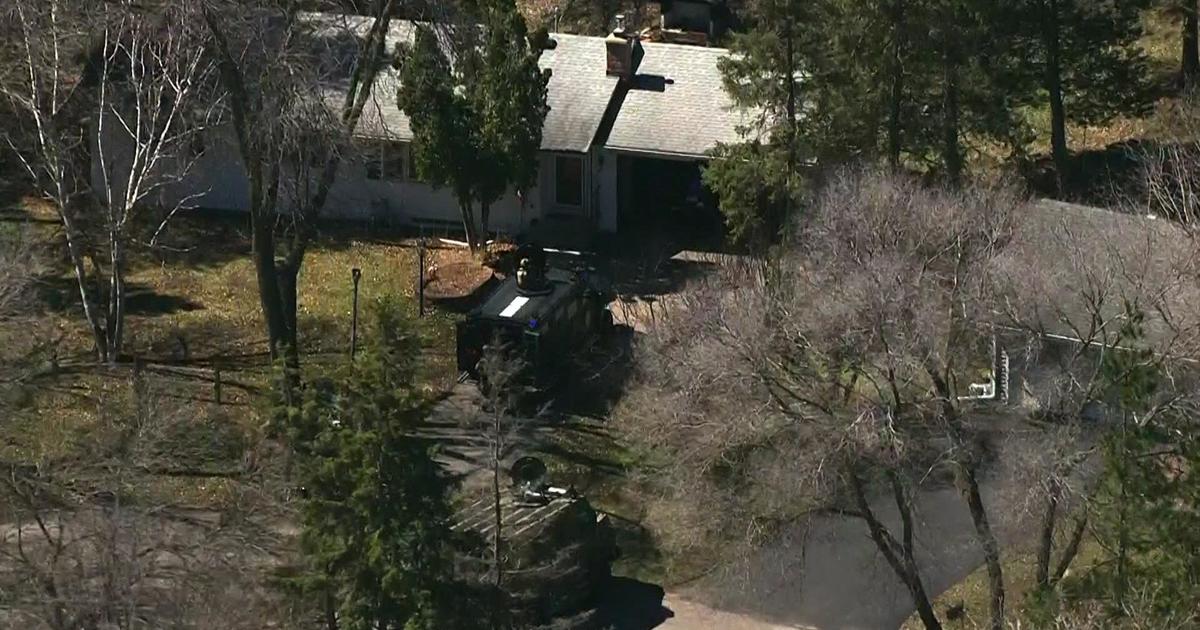Angelina Jolie Pitt's Health Op-Ed Sparks Discussion Of Preventative Measures
MINNEAPOLIS (WCCO) -- There is a new twist in the real-life medical drama of Angelina Jolie Pitt.
The actress revealed in an op-ed in the New York Times that she had her ovaries and fallopian tubes removed last week.
The 39-year-old says she had preventive surgery because she is at high risk for ovarian cancer.
Jolie Pitt also had a double mastectomy two years ago.
The big star's personal story is igniting conversation around preventative measures doctors say more patients are opting for every year as technology advances.
Minnesota Ovarian Cancer Alliance (MOCA) executive director Kathleen Gavin praised Jolie Pitt for sharing her story.
"We agree with her message that knowledge is power and hope more people will explore their options when it comes to preventative care and knowing their family history," Gavin said.
Like Jolie Pitt, Minneapolis mom Jackie Norling lost her mother to ovarian cancer, an aggressive cancer that lacks a reliable screening test and often goes undetected until severe stages.
"It can happen to everybody, it hits everyone," Norling said as she recovered in her Minneapolis home from her own hysterectomy she had two weeks ago.
Because her mother underwent genetic tests, Norling also got testing to determine her risk for getting both breast and ovarian cancers.
Like Jolie Pitt, she carries a mutation in the BRCA1 gene that greatly increases her risk for both cancers so she too underwent a double mastectomy and had her ovaries removed.
"I just want to be around for my two children," Norling said.
Norling's full hysterectomy cuts her chances of getting ovarian cancer by 96 percent, but University of Minnesota-based genetic counselor Kristin Baker Niendorf says surgeries like these are for the most at-risk people at the right time in their lives.
"There is a downside, like if you want to wait till you've had children, it also can cause menopause so there are multiple factors to consider when getting surgery," Baker Niendorf said.
Norling said she had planned to wait 10 more years to get her surgeries, but then she had a cancer scare of her own.
"We had to have a discussion that if we go through with this there are no more children for us," she said.
For those who are not as high-risk, Baker Neindorf recommends everyone learn about their family's health history and see a doctor or genetic counselor to determine what if any genetic testing is needed.
Some of the testing can cost in the hundreds of dollars according to Baker Niendorf, but most insurance companies help out at-risk people.
Men can also develop breast cancer and can be screened for the BRCA 1 or BRCA 2 genetic mutations.
Related: For more information on genetic counseling, click here.



